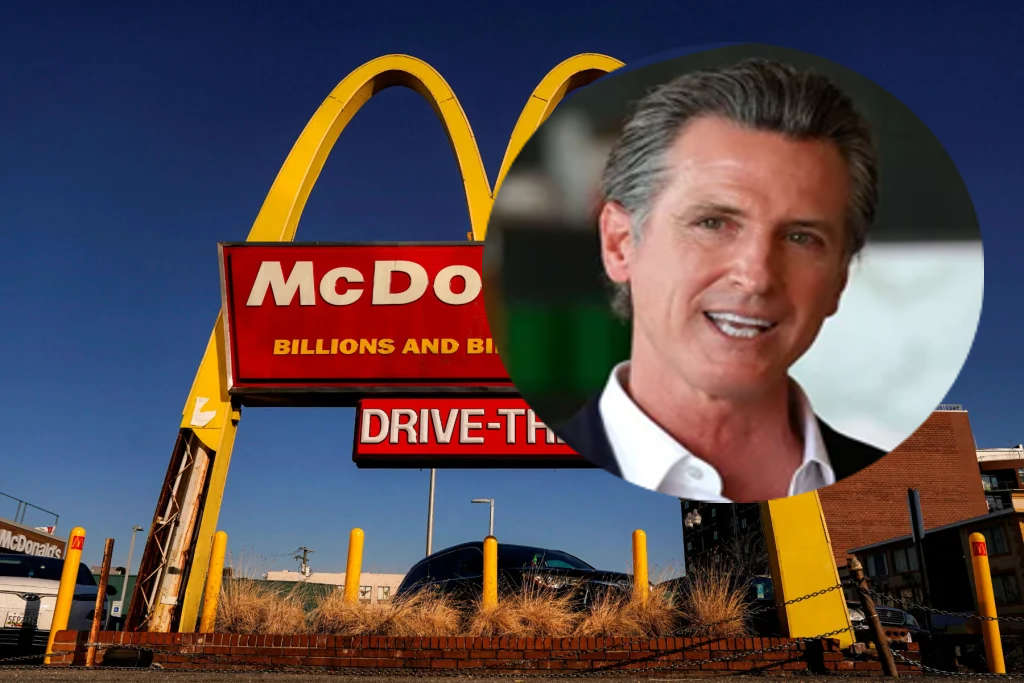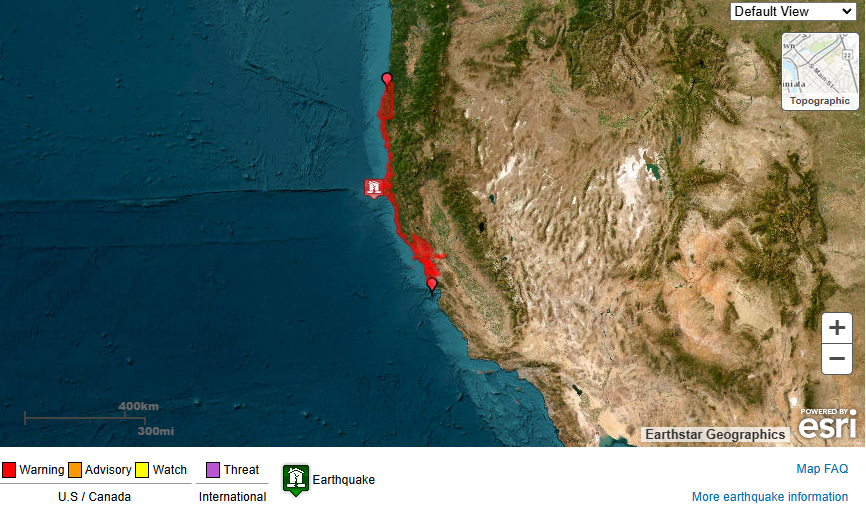The fast-food industry in California has been deeply concerned about a new law that raises the minimum wage for workers. Recently, a group called the California Business and Industrial Alliance placed a big ad in USA Today claiming that nearly 10,000 fast-food jobs were lost because of this law. They blamed Governor Gavin Newsom, who signed the law last September, increasing the minimum wage in fast food from $16 to $20 starting April 1.
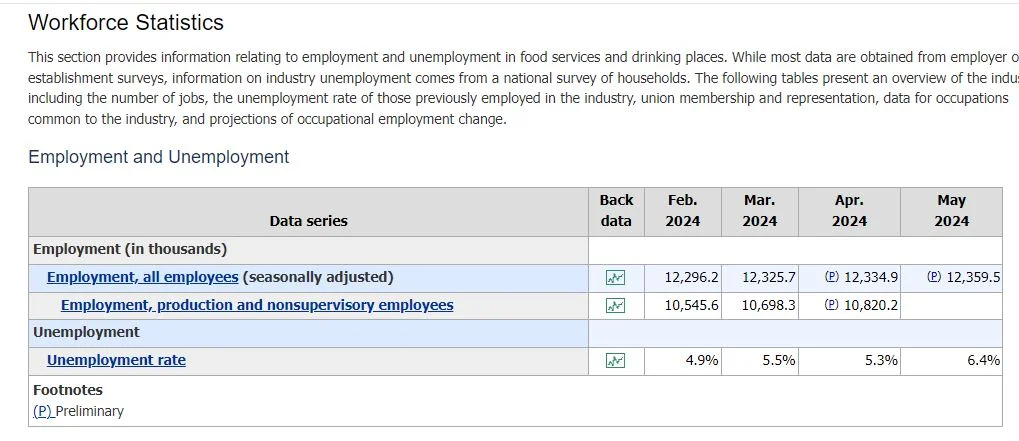
However, these claims are misleading. Government data from the Bureau of Labor Statistics and the Federal Reserve show that from September to January, the period covered by the ad, fast-food jobs in California actually increased. Even after January, more jobs were added in fast-food restaurants. This means the ad’s claim of job losses is not accurate.
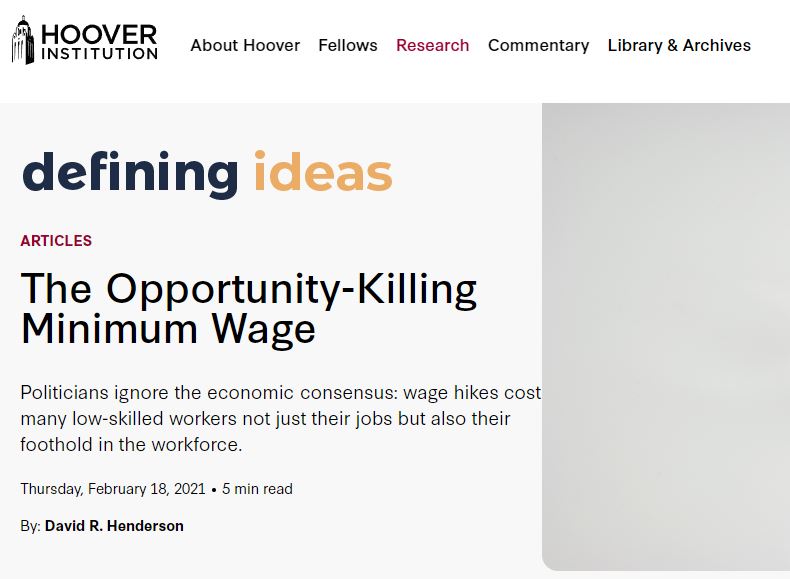
Despite this, the idea that the minimum wage law caused job losses has spread widely in the business media and among conservative commentators. Articles in newspapers like the Wall Street Journal and websites like the Hoover Institution have amplified these claims.
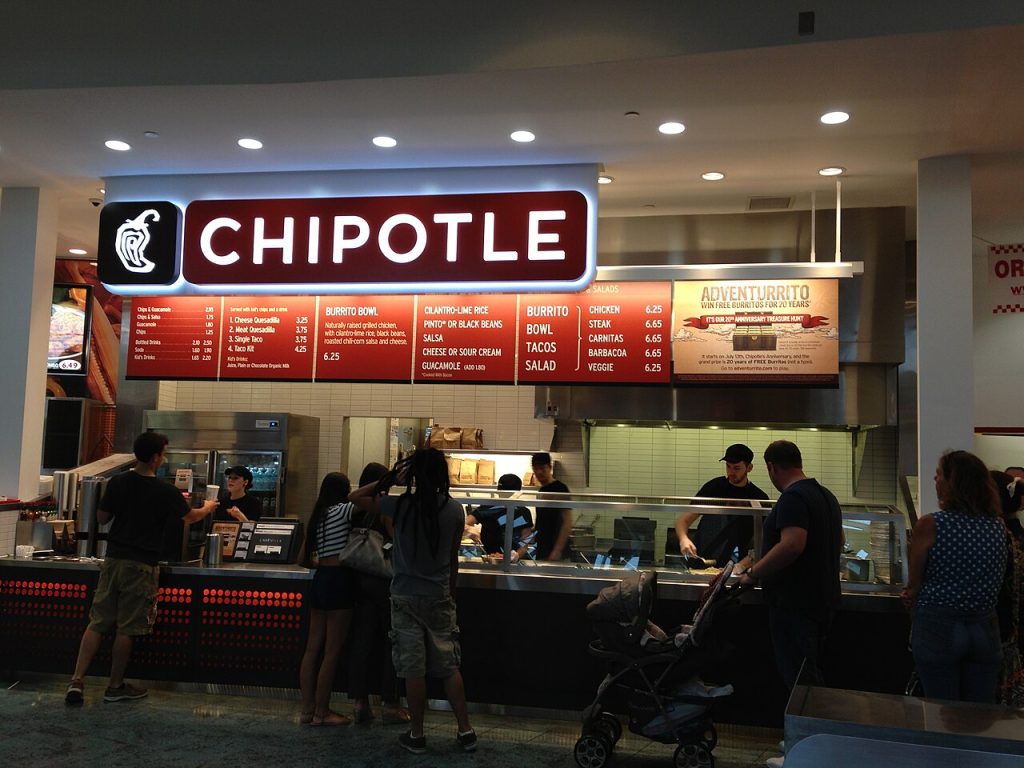
Let’s look at the bigger picture of the fast-food industry. Running a restaurant is challenging, whether it’s a fancy sit-down place or a fast-food chain. Labor costs are just one of many expenses, though not always the biggest. For example, Chipotle spent $2.9 billion on food and packaging last year, more than its $2.4 billion on labor costs.
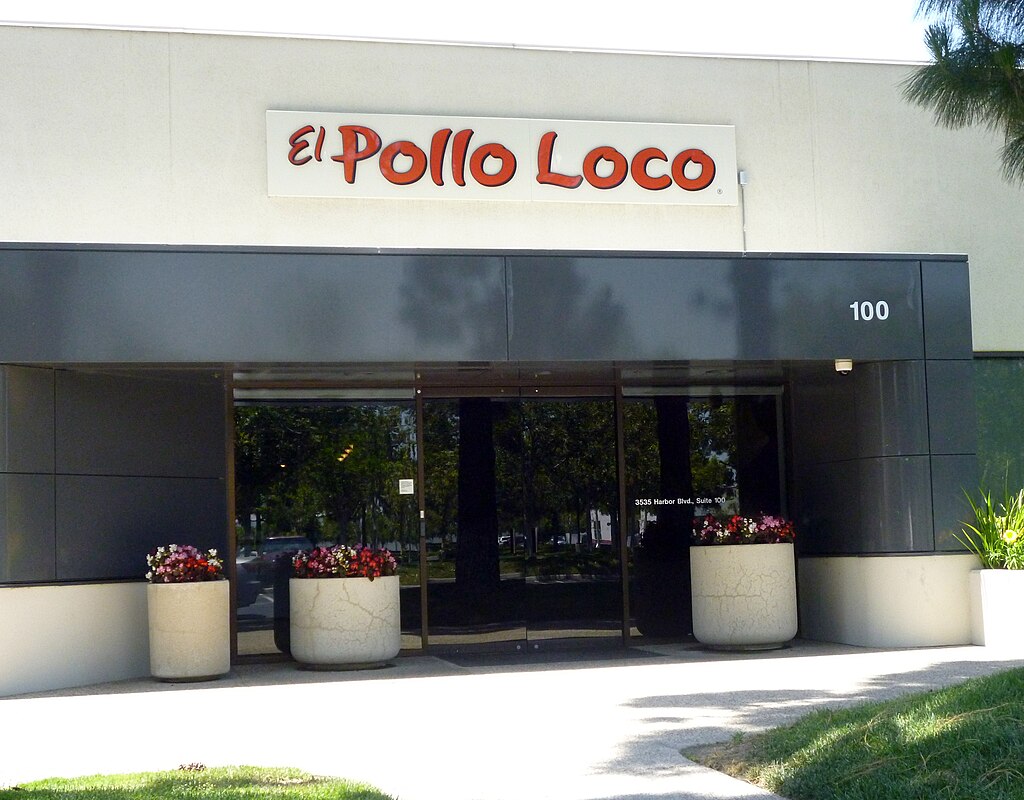
El Pollo Loco, another chain, managed to reduce its labor costs despite paying higher minimum wages due to competition for workers. Rubio’s Coastal Grill, on the other hand, closed 48 of its California restaurants, blaming high operating costs in the state. However, it’s also struggling with a lot of debt, which has been a problem since it was bought by a private equity firm.
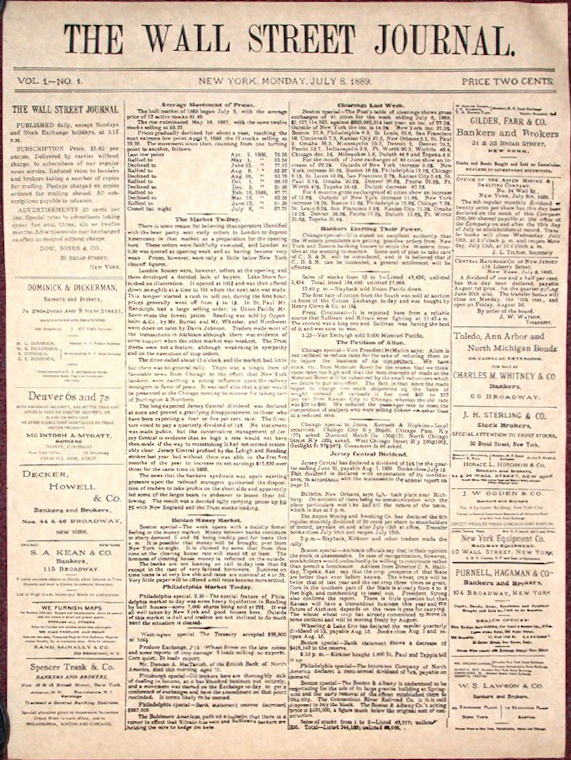
The Wall Street Journal reported that restaurants were cutting jobs in anticipation of the minimum wage increase. They claimed a 1.3% drop in employment from September to January, which they said meant a loss of 9,570 jobs. This report was used by an economist at UCLA’s Hoover Institution in an article saying that many jobs were lost because of higher labor costs.

But there’s a problem with these numbers. They don’t take into account that restaurant jobs often go up and down with the seasons. Economists prefer to use adjusted figures that take these fluctuations into account. When you look at the data that way, you see that there was actually an increase of 6,335 fast-food jobs from September to January.

Looking at year-to-year comparisons gives a clearer picture. From September 2022 to September 2023, fast-food jobs in California went up. Even comparing January 2023 to January 2024, there was an increase in jobs. This doesn’t support the idea that the minimum wage law caused big job losses.

Restaurant owners and media outlets need to understand how seasonal trends affect employment in the industry. For example, spring and summer are busy times for restaurants, while winter tends to be slower. Blaming these normal fluctuations on the minimum wage law isn’t accurate.

The claim that California’s minimum wage law caused a lot of job losses in fast food isn’t backed up by the facts. While some restaurants are struggling, it’s often because of other reasons like high debts or rising food costs, not just labor costs. It’s important to look carefully at the data to understand what’s really happening in the industry.


